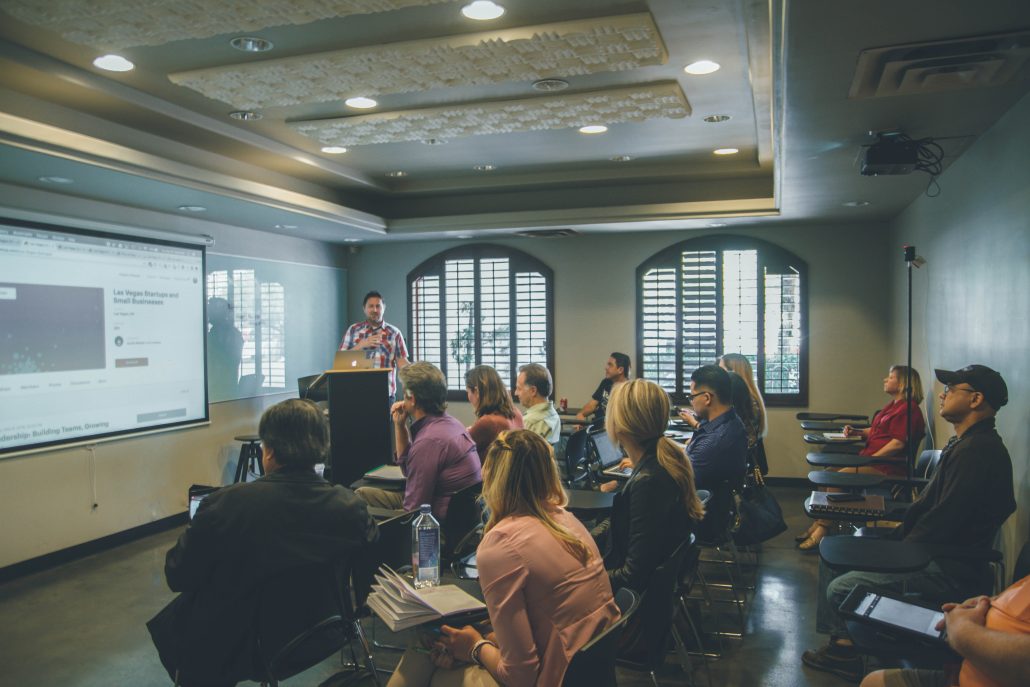Using Comparatives to show Consequences
Using comparatives to show consequences, that’s the topic of today. To make adjectives or adverbs comparative in English, you either stick an ‘-er’ on the end if your instinct tells you to, or you put the word ‘more’ in front if not, as if you were speaking a normal language. If you’ve learned this trick, the good news is that you can easily exploit your existing knowledge to produce lean, high-impact sentences like: “The longer we wait, the more expensive it will be.”

The Formula
As the example above shows, the basic pattern is:
THE + comparative + subject + verb (etc.),
THE + comparative + subject + verb (etc.)
If you wanted to remind a child, for example, that the horribleness of vegetables increases in proportion to their coldness, you might say: “The colder they get, the more horrible they will be to eat.”
Nouns
The formula is even easier if you plug in nouns instead of adjectives. It roughly comes down to:
THE + MORE/LESS (+ noun) + subject + verb (etc.),
THE + MORE/LESS (+ noun) + subject + verb (etc.)
So, normally, the more time you spend preparing a talk, the more confidence you have when you speak and the more money you spend on a home, the less you have left for furniture.
…the better
As you can see, the noun in the second phrase (‘money’), is regularly omitted when it’s repetitive or when the context makes it clear. Often, your second phrase can be summarised as “…the better things will be”, and in these cases, it’s standard to cut everything down to two words: …the better. If your first phrase is complicated, you can construct it in the standard way: “the more slowly you cook the stew, the better”, but if you want to show off, you can streamline both parts to produce something like “the simpler, the better”.
Comparatives and doubts
If you’ve got this far and you still have any questions about “the & the” comparative phrases, or if there are any other areas of English grammar that you’re curious about, let me know on LinkedIn or via the Second Language website (https://secondlanguage.net/) and I’ll try to help. My next blog will explain how you can amplify existing vocabulary by adding ‘-FUL’ or ‘-LESS’ to the ends of words to make new adjectives and adverbs. The possibilities are almost endless…


